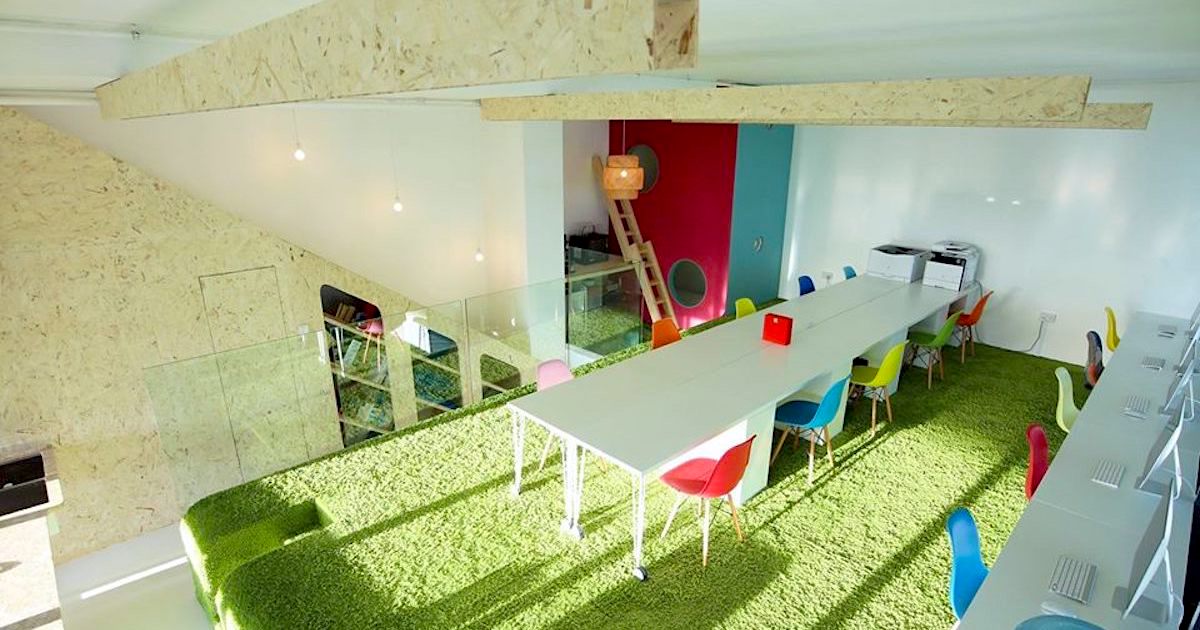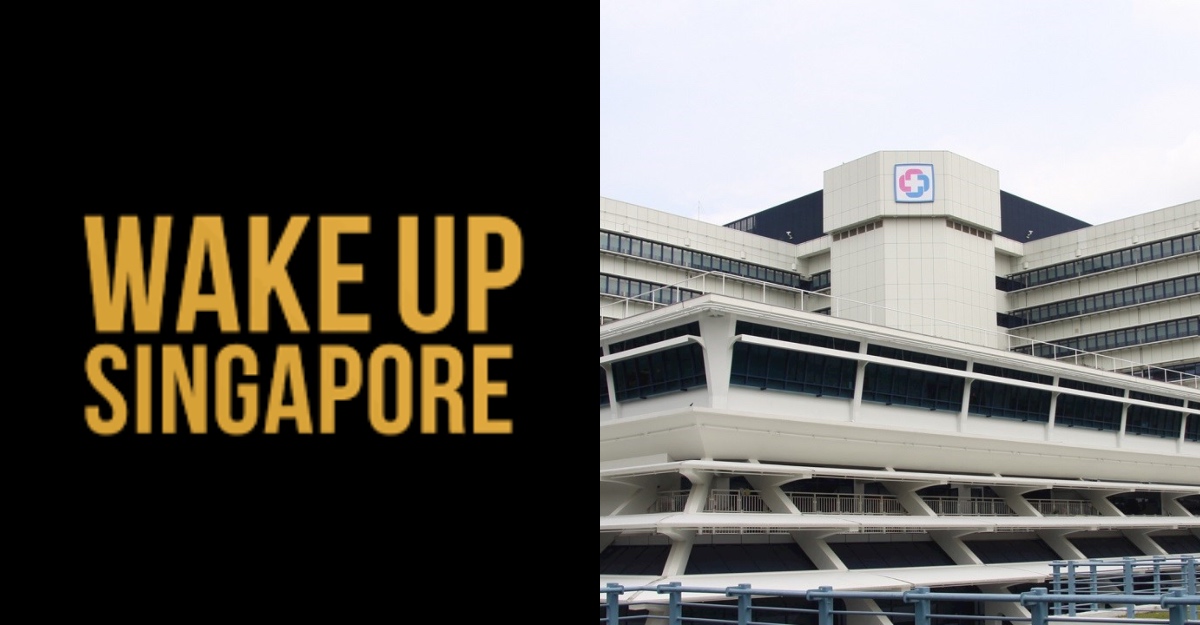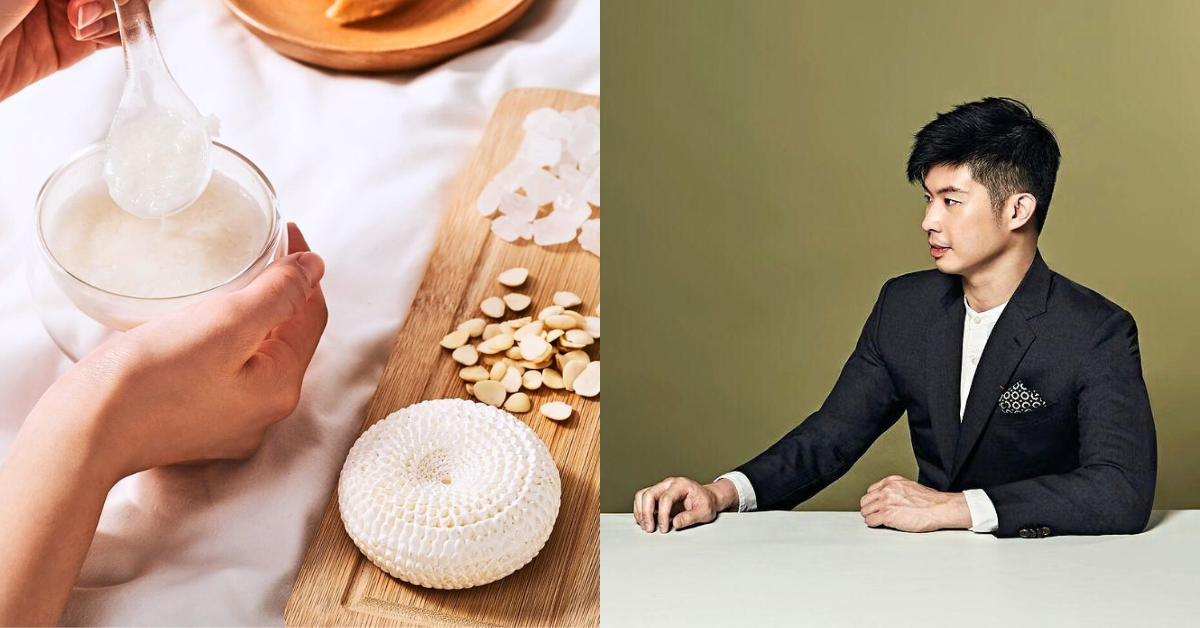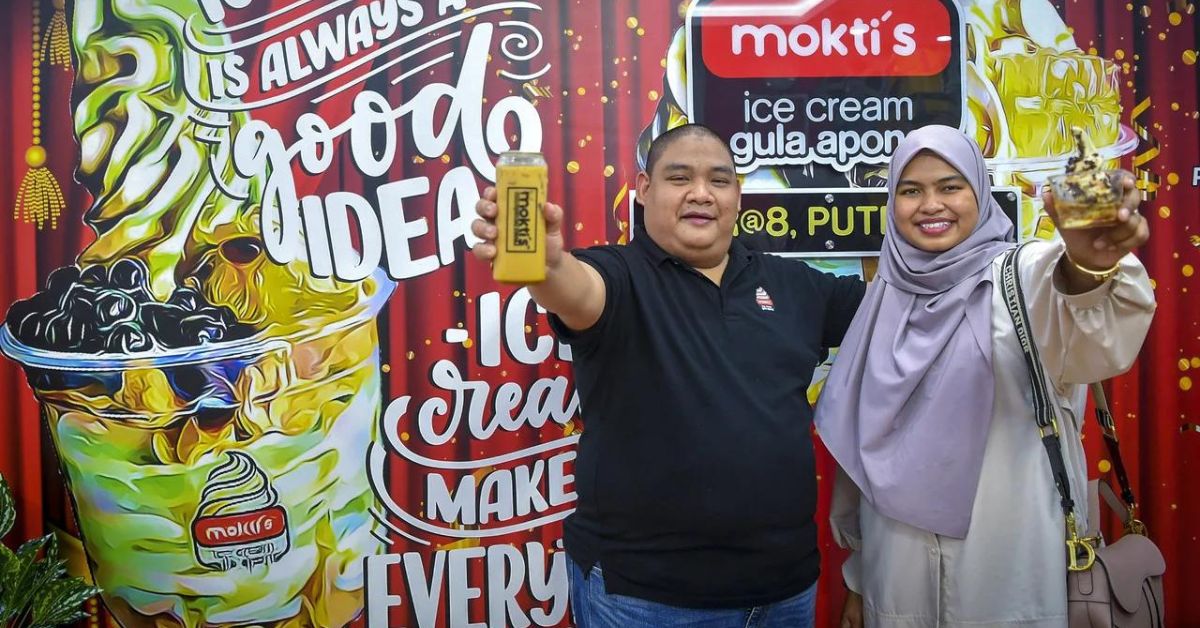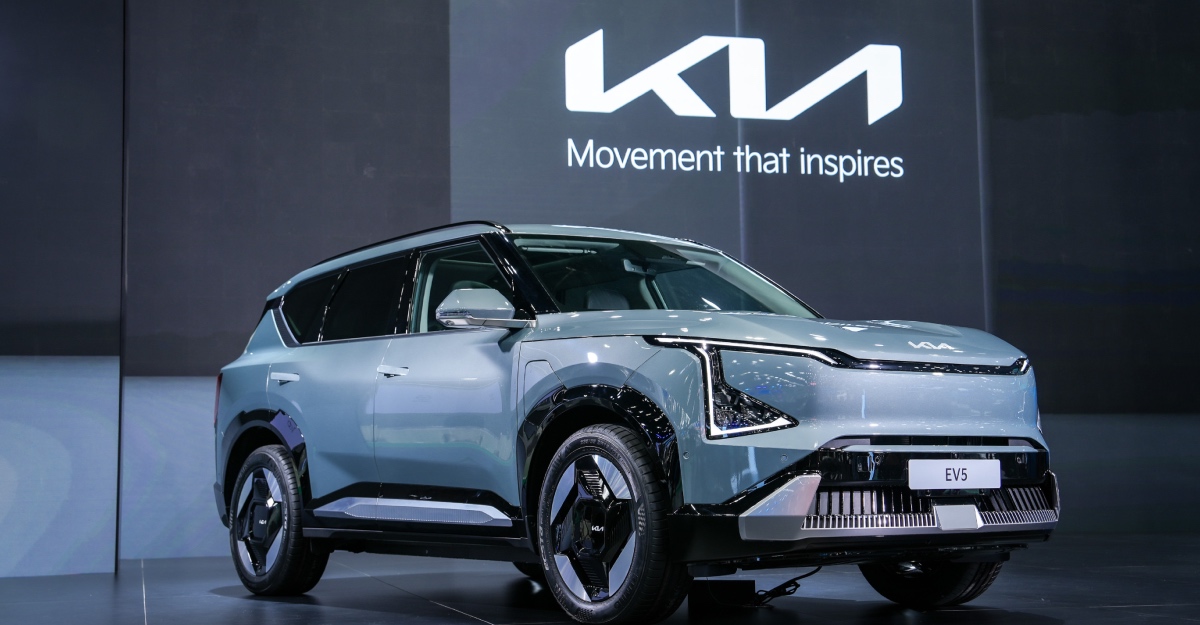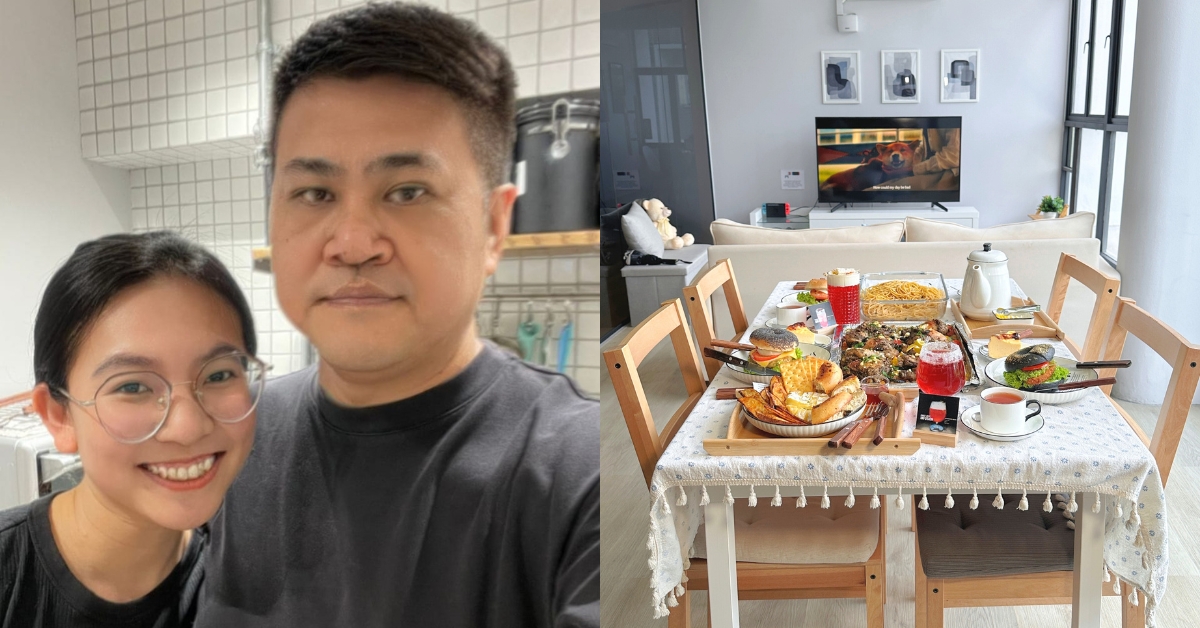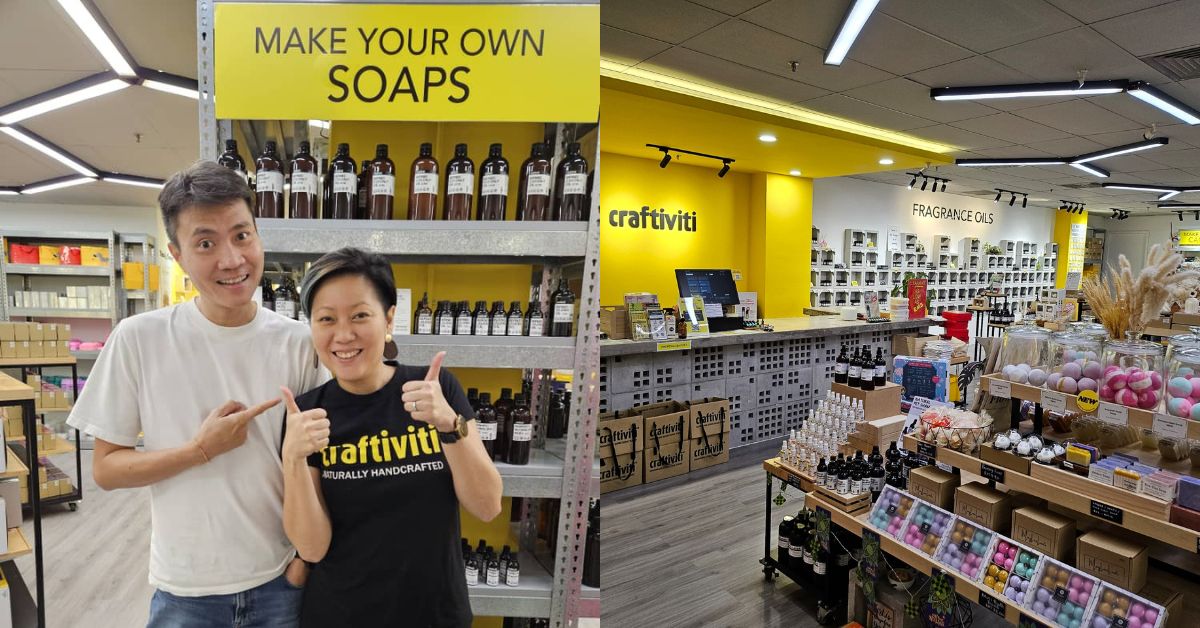When we were younger, there were only a few outlets that allow us to unleash our creative side such as playing with Lego bricks, or maybe doodling on textbooks during classes.
For Elijah Yang, his curiosity to figure out how things work, hack together things and compose music, has made him quite a polymath.
At age 15, he built a Tesla coil to perform experiments in creating high-voltage electrical discharges. He put together a power supply, a capacitor and coil transformer set so that voltage peaks alternate between the two.
When he’s not getting his hands dirty building things, he composes music and does piano transcription such as Rachmaninov’s 2nd Piano Concerto in his free time.
It’s no surprise then that he combined his interest for building things and creating music to delve in the manufacturing industry.
Right after graduating from university – back in 2013 – he founded Aural-Aid when he was 25, an acoustic panel and soundproofing startup.
It didn’t matter if he had no business knowledge or experience at hand – what matters is that he is doing what he’s best at, and that in itself is an ingredient for success.
The Early Days Of Struggle
But of course, the early days of the startup journey is never a breeze.
He started by picking up skills that were useful and relevant to his business such as front and back-end web development skills to create the company’s website. He also learnt carpentry from scratch to build the acoustic panels.
“The first thing you have to overcome when starting a startup is the discomfort of not knowing whether there will be a demand for your products or services. And sometimes this discomfort can last for quite long – for me it was six months,” he shared.
With limited funds, he rented a 100 square-feet storage space in a warehouse to be used as a workspace for only $500 a month.
He started out the business by allowing customers to place pre-orders. This let customers get the products they want through advance reservations; and as a retailer, pre-orders guarantee a certain amount of sales as the goods are sold before they were even built or made available.
“During the pre-order period, I had to build about 50 acoustic panels and deliver them within a month. I worked seven days a week, with about only four hours of sleep each night,” lamented Yang.
Even traveling to and fro the warehouse to his home was a waste of precious time to him, so he resorted to sleeping in the storage room. No comfy beds greeted him – he had to make do with sleeping on a “piece of bubble wrap placed on the floor” instead.
Besides the rental fee for the storage space, he invested another $1,500 to purchase raw materials.
He pumped in a total of $3,000 and he broke even in just the first month during the pre-order, which quickly validated his startup and gave him a peace of mind.
Climbing The Ladder Of Success
Aural-Aid provides acoustical treatment and soundproofing supply and build services to schools, hospitals and government institutions.
Its manufacturing arm designs and makes acoustic panels for commercial and education sector, while their contract arm installs acoustic panels for auditoriums, cinemas, offices and residences.
Serving different verticals also meant catering to different clients, as each one has different requests, said Yang.
“Some are looking to reduce reverberation time, and some are looking to achieve sound isolation,” he added.
What sets Aural-Aid’s products apart from its competitors is that it develops its acoustical components with in-house technology such as 3D printing, CNC milling, and parametric modelling.
“This is rare in the acoustics industry because the majority of the incumbents have been around for 20 years and there is inertia for them to pick up new technology as they are comfortable with their traditional ways. We have also just patented something (he didn’t disclose), so the future is quite exciting!”
So it’s of no surprise that big-name companies such as Google, Airbnb, Apple, PayPal and Dyson are all using their products.

Yang was very humble about this impressive portfolio though, and simply attributed this achievement to “very good SEO (Search Engine Optimisation)” instead.
“That’s how our customers can easily find us on Google,” he laughed.
A Cockroach Startup
Aural-Aid may be a bootstrapped startup yet it is able to rake in about $1 million in revenue annually – which is no mean feat.
“Our revenue is growing at about 50% each year, but we’re kind of like a cockroach startup,” said Yang.
A cockroach startup is one that is constantly struggling, yet it still goes forward in spite of changing environments, market conditions and investment scenarios – just like a cockroach.
They are the ones who are capable enough of knowing where they should spend money and where they shouldn’t. As such, Yang figured that running a lean startup is the right way to go.
Aural-Aid have a very small team of about four to 10 people (depending on hiring season) – but the key idea here is quality over quantity.

Yang makes it a point to “hire very carefully”.
“We put our new hires through a two-week induction programme where they just have fun and be themselves. This two weeks will show more than any interviews can ever reveal,” he added.
It’s clear that over the past three years, Aural-Aid has grown bigger and better.
And if we take this in the literal sense, their office space has actually gotten bigger with every move; they have shifted offices four times to date.
From a humble warehouse storage place, they shifted to a small office in 2013, then moved to a larger office the following year.
Finally in 2015, they garnered enough funds to buy their own two-storey office space, which they promptly named the “Aural-Aid headquarters”.
The concept of their new office space is very modern and exudes a hip vibe. The decor aside, the office features very cool facilities such as capsule beds, a $10,000 glass bathtub and rainforest shower (!!!), in-house carpentry workshop, and a FabLab which is equipped with a 3D printer and CNC machine.




”Having our own capsule beds in the office allows us to take power naps during work, which actually increases productivity. I remember a particular intern who slept four hours during her first day at work! They can also take a hot bath at our showering facility to freshen themselves up if they’re sleepy.”
These facilities make it clear that Aural-Aid is serious about both work and play. And if these have enticed you to work in this cool startup, then good news: they are looking to grow their team and have a couple of positions available.
Featured Image Credit: Aural-Aid
